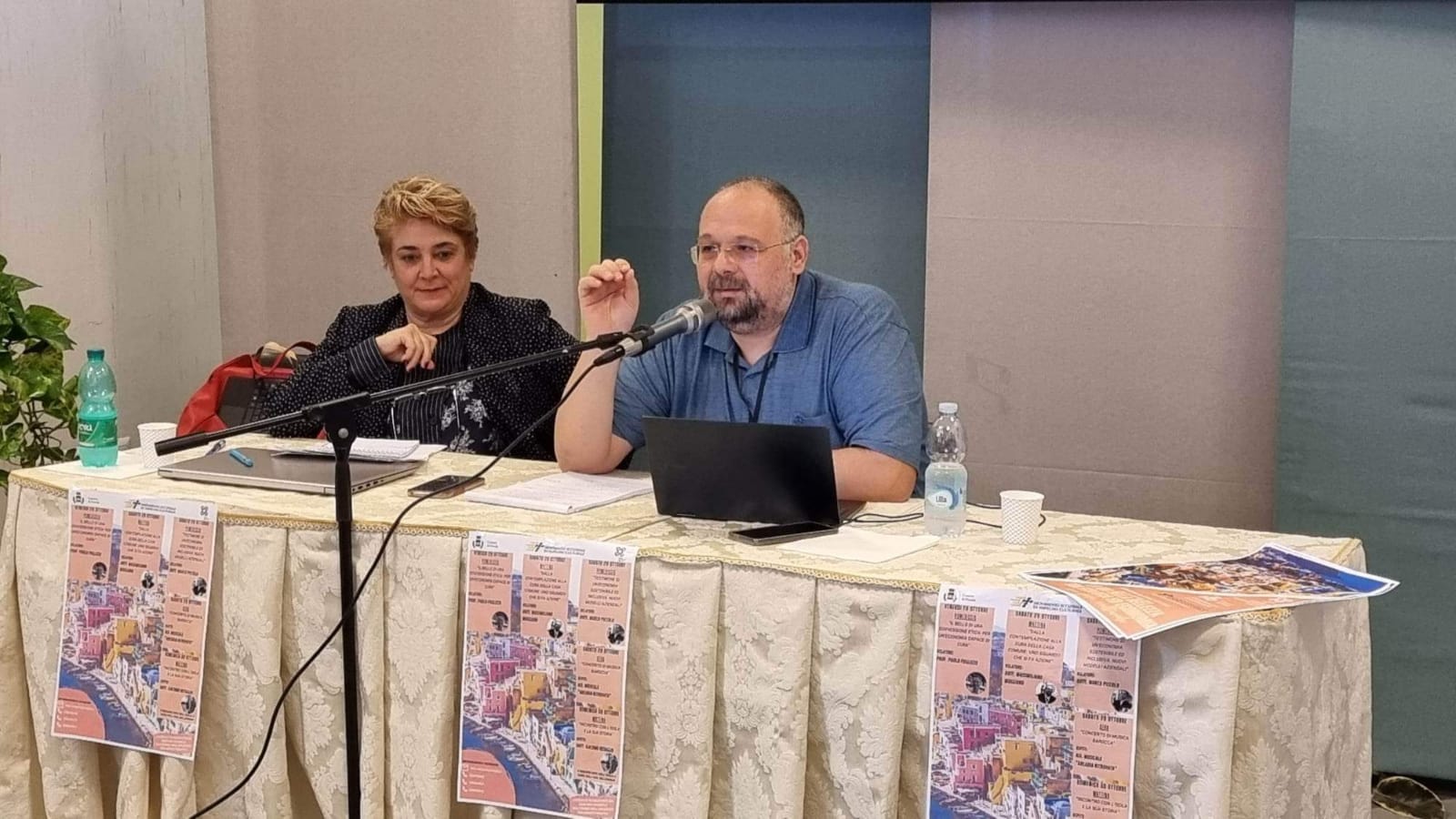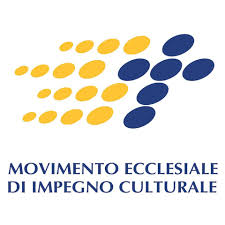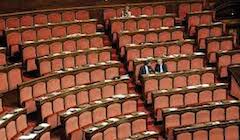 If I were to indicate what feeling prevails today in western societies, I’d say fear. Often unacknowledged or exorcised through displays of security and strength, fear hides in the thoughts of many people, in the decisions of entire populations, in turn back to ideologies that we thought were no longer occupy the scenario of our countries. Afraid, we try to give a name to identify an enemy to fight and to whom to attribute the faults of many social problems that we cannot solve. This enemy is identified as external to us: the Isis, monster that creates cruel children also in our well-ordered society; foreign, invading our lands and feeding new social tensions; European bureaucracy which oppresses our lives with rules made to limit our freedom.
If I were to indicate what feeling prevails today in western societies, I’d say fear. Often unacknowledged or exorcised through displays of security and strength, fear hides in the thoughts of many people, in the decisions of entire populations, in turn back to ideologies that we thought were no longer occupy the scenario of our countries. Afraid, we try to give a name to identify an enemy to fight and to whom to attribute the faults of many social problems that we cannot solve. This enemy is identified as external to us: the Isis, monster that creates cruel children also in our well-ordered society; foreign, invading our lands and feeding new social tensions; European bureaucracy which oppresses our lives with rules made to limit our freedom.
There are some serious reasons that motivate the concern. To see our citizens victims of terrorist attacks in performing ordinary activities of life (travel, work, have fun) creates a widespread fear. But also to observe that the sky of our economies, despite some signs of improvement, it is crossed by threatening clouds and does not promise quick improvements, provokes similar reactions. There is less trust in people, organizations or institutions from which we would like authoritative choices, capable of responding to our needs and expectations.
The problem crosses national boundaries. Just look how relevant are the movements hostile to immigration processes with openly xenophobic positions, how much are growing nationalism and anti-Europeanism (the Brexit is a clear expression and is also a symbol of mistrust that cuts across European countries), how much the success of Trump across the ocean is being built on the idea of America that thinks primarily to itself and to its prestige.
To believe that the causes of insecurity can be attributed to external enemies troubles us: this explains the withdrawal to local spaces and the predilection for defensive policies. At the same time it reassures us, because we can avoid looking to much in ourselves, to the criteria that guide our lives, to the cultural models that inspire them, to the social forms that guide our relations.
Without denying the urgent need for prudent policies to safeguard the life of the people and the peace of the community, countering the threats that come from outside of them, we cannot forget that many forms of difficulties are fed by a torn social system, fruit of choices careless to the needs of the more vulnerable and the more exposed to the risks of the crisis. Many observers agree that social problems have armed the hand of many terrorists in France as in Belgium and Germany, while the jihadist faith was only the flag of their fight, the ideological cover of hostility to the community which they belong to. The fact that the human tissue is torn can be seen also in the tensions that sometimes arise with virulence in the suburbs of our cities, in social conflicts, in public demonstrations, in the resigned pessimism of many of our fellow citizens who do not have hope for their future and their children.
The answer should include first and foremost a qualitative leap of political initiative which is not adapted to the complexity and depth of the crisis we are going through. I do not mean that the governments have been unable to cope with the problems of this social phase (actions have been designed and implemented). The impression however is, insufficiency of solutions undertaken and attrition of political forces, weakened by perennial conflicts between them and within them, making it difficult to orient the choices around priorities of this historical moment. The political discourse is a great democratic value when it is also made of listening and debating. But when it becomes permanent confrontation, it loses its real function. The common good is likely to remain so empty word.
Our Prime Minister often says that we must renew profoundly the reality of our country and Europe, and asks Member States of the European Union a new and stronger spirit of cooperation, which overcomes the nationalistic pettiness and doesn’t only define strict rules in economic and financial fields. I fully agree with this approach, but we need to equip themselves to make it happen. Need more cohesion, more humility, the desire not so much to be the best but to put ourselves at the service of a project that goes on with the others and not against the others. This manifests a true political leadership that goes beyond any populist ambition.
However politics is not enough; it is necessary to give room in the civil community to life forces, social and cultural groupings, organizations which experiment new ways to work and create interpersonal relationships, individuals who are not resigned but generously offer their contribution in ideas and experiences. Pope Francis, who has a careful look at the situation of the world today, has offered in recent years some valuable information, which we should learn to translate in civil space. He says in “Laudato si”: many things have to reorient their route, but first of all is humanity that has to change. There is a lack of awareness of a common origin, a mutual belonging and a future shared by all. This basic awareness would allow the development of new beliefs, new attitudes and styles of the life. Thus emerges a big cultural challenge, spiritual and educational that will involve long processes of regeneration.” Meeting this challenge is up to all of us.
From Coscienza September 2016





Leave A Comment
You must be logged in to post a comment.